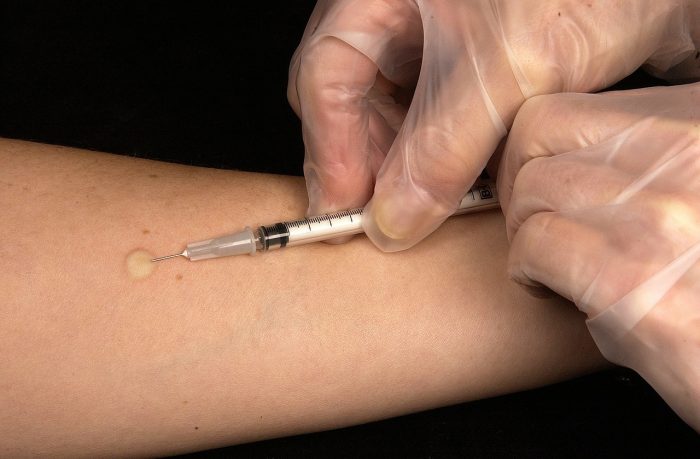
Journalists’ conceptions of their role change during health crises, such as epidemic outbreaks, write Celine Klemm and Tilo Hartmann, both of Vrije Universiteit Amsterdam, with Enny Das, of Radboud University Nijmegen (author names not in original order). The authors interviewed 22 Finnish and German newspaper journalists with experience on health reporting.
Journalists hold dear certain role conceptions that are not subject to change depending on the situation, such as the role of information disseminator. During a health crisis the role of public mobilizer, however, will evolve “away from encouraging democratic debate or giving a voice to ordinary citizens”, Klemm, Das, and Hartmann discovered. Instead, journalists will turn to helping authorities to stymie the problem.
By taking an active role in advising the public journalists may expedite solving the crisis – but it also carries a risk of becoming the authorities’ “mouthpiece”, the authors warn. The journalists’ meek attitude is in part caused by their lack of confidence and fear of falsely challenging the official stance in health issues. Journalists who are specialized in health journalism (as opposed to merely practicing it occasionally) are, luckily, more critical, the authors found.
The article “Changed priorities ahead” was published by the journal Journalism. It is freely available online (open access).
Picture: Untitled by WikiImages, licence CC0 1.0.